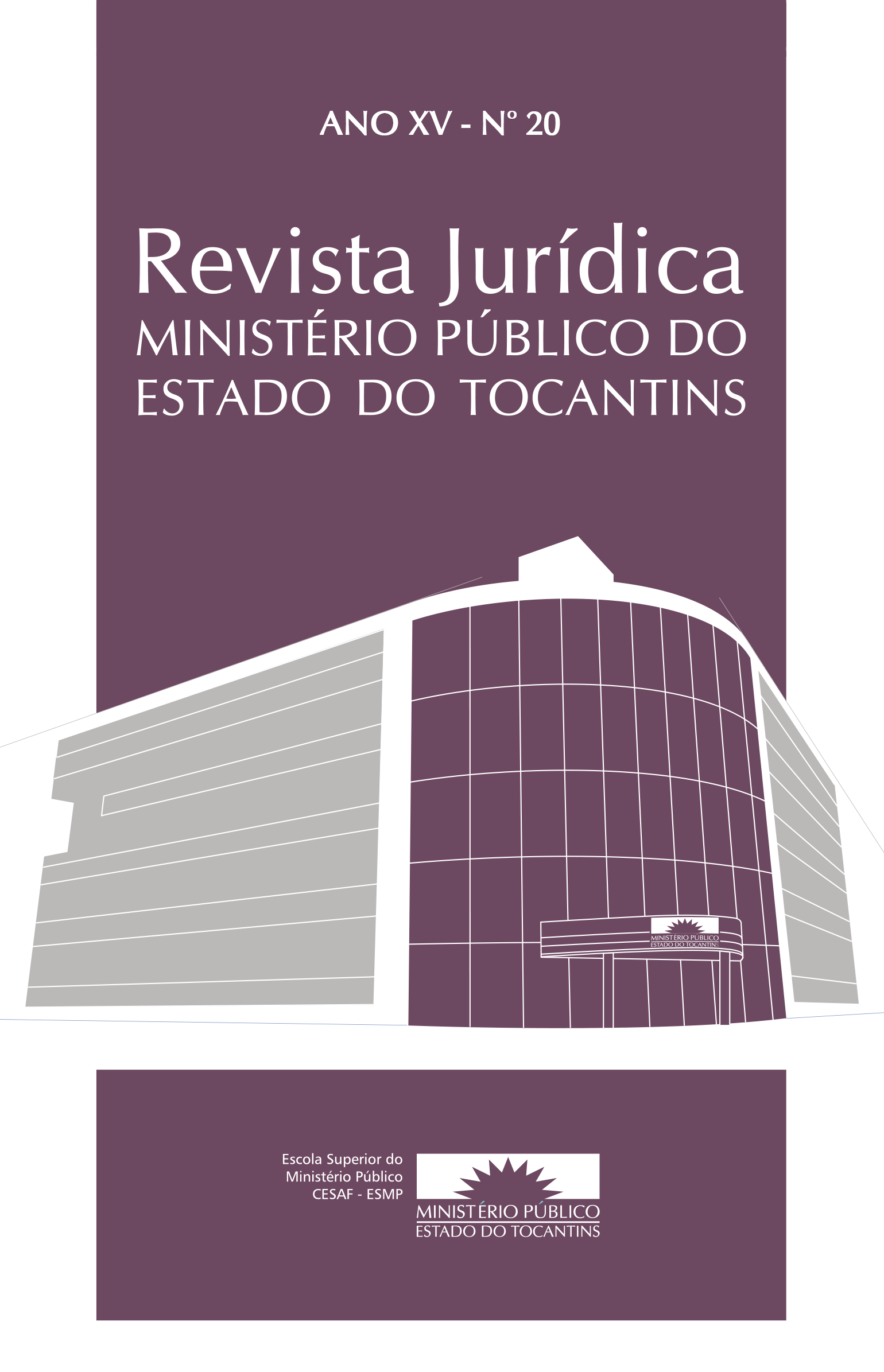Probative Relevance of the Victim's Word and Its Irrepeatability in Criminal Proceedings
DOI:
https://doi.org/10.65596/revjurmpto.v15.69Abstract
This article proposes to analyze, based primarily on bibliographic and jurisprudential review, the evidential relevance of the statements of the victim of domestic and family violence collected in the investigative phase, in view of the small set of evidence existing in crimes of such a nature, considering, especially, when the subjective discourse of the offended cannot be repeated in the stage of criminal prosecution. In addition, we seek to expose the exception to the dialectical obedience of the dispensability of the contradictory in the non-repeatable evidence produced in the police investigation, with emphasis on the sufficiency of the word of the victim in the criminal proceedings in the crimes governed by the Maria da Penha Law, provided that it remains coherent and well-founded, as a suitable evidential means to form the motivated conviction of the judge for criminal conviction in the crimes committed in the domestic context, that occur, for the most part, in the underground. It is concluded that the Brazilian legal system does not prevent the magistrate from appreciating the evidence from the police investigation, establishing, however, that such evidence is provided with effective and corroborated elements in the adversarial system and ample defense in the procedural instruction.
References
ASSIS, Caroline de. Admissibilidade das provas ilícitas no processo penal. Presidente Prudente: Faculdade de Direito de Presidente Prudente, 2012.
AVENA, Norberto. Processo penal esquematizado. 5ª Ed. Rio de Janeiro: Forense; São Paulo: Método, 2012.
CAPEZ, Fernando. Curso de Processo Penal. 4ª Ed. São Paulo: Saraiva, 1999.
CAPEZ, Fernando. Curso de processo penal. 14ª Ed. São Paulo: Saraiva, 2007.
GOMES. Luiz Flávio. CUNHA. Rogério Sanches. Legislação criminal especial. São Paulo: Editora Revista dos Tribunais, 2009.
GONÇALVES, Eric Francis de Matos. A prova no processo penal. Iguatu: Quipá Editora, 2021.
FARAH, Geisa Matos. Prova Ilícita e sua aplicação no processo penal. Presidente Prudente: Faculdade de Direito de Presidente Prudente, 2008.
LIMA, Renato Brasileiro de. Manual de processo penal. 2ª Ed. Salvador: JusPodivm, 2014. Volume único.
LIMA, Renato Brasileiro de. Manual de processo penal. 8ª Ed. Salvador: JusPodivm, 2020. Volume único.
LIMA, Renato Brasileiro de. Manual de processo penal: volume único. 5° Ed. Salvador: Ed. JusPodivm, 2017.
LOPES JR., Aury. Direito Processual Penal. 13ª Ed. São Paulo: Saraiva, 2016.
LOPES JR., Aury. Direito processual penal. 16ª Ed. São Paulo: Saraiva Educação, 2019.
NUCCI, Guilherme de Souza. Manual de direito penal: parte geral: parte especial. 7ª Ed. São Paulo: Revista dos Tribunais, 2011.
NUCCI, Guilherme de Souza. Manual de processo penal e execução penal. 14ª Ed. Rio de Janeiro: Forense, 2017.
PACELLI, Eugênio. Curso de Processo Penal: volume II. 21ª Ed. São Paulo: Atlas, 2017.
PIRES, Amom Albernaz. A opção legislativa pela política criminal extrapenal e a natureza jurídica das medidas protetivas da Lei Maria da Penha. Brasília: Revista do Ministério Público do Distrito Federal e Territórios, 2011.
SUPERIOR TRIBUNAL DE JUSTIÇA. REsp: 1985546 MG 2022/0042805-0, relator: Ministro Joel Ilan Paciornik, data da publicação: DJ 19/04/2022. Disponível em: https://stj.jusbrasil.com.br/jurisprudência/1483360222/recurso-especial-resp-1985546-mg- 2022-0042805-0. Acesso em 26. abr. 2022.
SUPERIOR TRIBUNAL DE JUSTIÇA. AgRr no REsp: 1522716 SE 2015/0063613-9, Relator Ministro Antônio Saldanha Palheiro, Data de Julgamento: 20/03/2018 – Sexta Turma, data de Publicação: DJe 05/04/2018. Disponível em: https://stj.jusbrasil.com.br/jurisprudencia/860098478/agravo-regimental-no-recurso-especial-agrg-no-resp-1522716-se-2015-0063613-9/inteiro-teor-860098488. Acesso em: 26. abr. 2022.
Downloads
Published
How to Cite
Issue
Section
License
Copyright (c) 2022 Revista JurÃdica do Ministério do Público do Estado do Tocantins (Journal)

This work is licensed under a Creative Commons Attribution-NonCommercial 4.0 International License.
Autores mantém os direitos autorais e concedem à revista o direito de primeira publicação, com o trabalho simultaneamente licenciado sob a Creative Commons Attribution License que permite o compartilhamento do trabalho com reconhecimento da autoria do trabalho e publicação inicial nesta revista.




